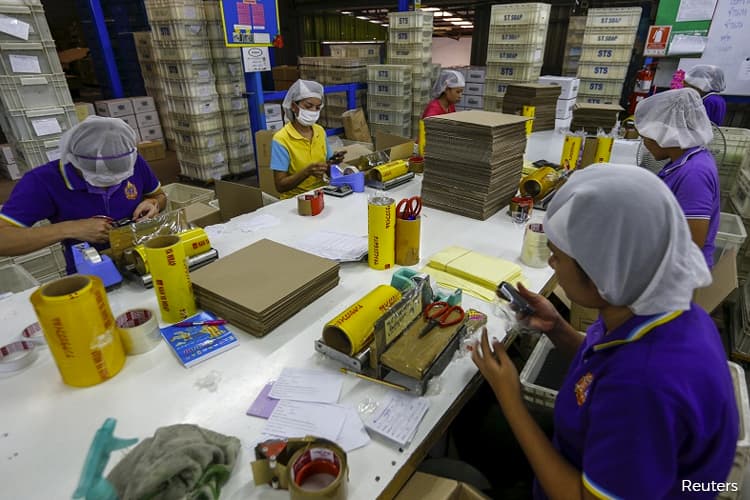As of now, companies are still finding it difficult to get the Special Relief Fund (SRF), which was increased to RM5bil under the special stimulus package for SMEs.
Crucial lifeline for SMEs

As of now, companies are still finding it difficult to get the Special Relief Fund (SRF), which was increased to RM5bil under the special stimulus package for SMEs. Let’s face it, banks generally would provide the loans as a priority to their existing “good” customers while new ones would have to join a long queue waiting for approval.
With the moratorium period of six months from April to September, many SMEs have already stopped payments on their existing loans, but what will happen to them come October?
There are a number of appeals we wish to put to the government.
- Implementation and execution of the aid packages: Procedures to disburse the latest supplementary stimulus package for SMEs need to be put in place quickly. The financial aid must reach the SMEs now!
- Tax revisions: SME owners wish for the government to further assist their business by directing the tax authorities to allow SMEs to declare a loss situation for Year of Assessment 2020 by revising their Tax Estimate (CP204) to Nil instead of a maximum reduction of 85% of last year’s tax. SME owners can stop their monthly payment of income tax immediately to preserve some cash for more urgent payments. Similarly, a waiver or extended time to pay off last year’s tax profits for Year of Assessment 2019 would be most helpful to allow SME owners to retain the tax money to pay on-going expenses.
- GST refunds: It has been almost two years since the GST regime was replaced with SST, but many business owners are still owed their GST refunds. These refunds need to be returned to them quickly to help them with the current severe cash flow situation.
- Over-payment of income tax: It would also be helpful if the government would see that the over-payments of income tax for current and past years’ tax profits are rightfully returned to the business owners to help with their cash flow problem.
- Waiver of EPF contributions: The deferment of EPF contributions for a six-month period from April to September 2020 gives the SMEs a breather. But like the moratorium loan period, come October, it will be a double whammy on the SMEs to make payments on both the loans and EPF contributions. A waiver of EPF contributions for a period of six months would certainly be more beneficial. This is at no cost to the government so we hope this appeal will be reconsidered.
- Restriction on the wage subsidy programme: We appeal to the government to remove the restriction on the claim for wage subsidy when employers and employees agree on a mutual pay cut, as this is the joint effort of the parties concerned to ensure the survival of the companies. Furthermore, like the wage subsidy, the available fund of RM120mil for the Employment Retention Programme (ERP) is insufficient and SMEs hope that additional funds can be allotted for both of these programmes.
Meanwhile, immediate measures which SMEs need to adopt in order to survive until at least the end of the year are as follows:
- Cost-cutting exercise to reduce monthly operating expenses in order to beef up their cash reserves for unforeseen payments;
- Keep business losses to a minimum by going lean; and
- Consider letting go of non-essential staff and/or a 20%-50% pay cut across the board.
The last resort is to close the business and wait for better times to come.
DATUK SERI RAYMOND LIEW
Entrepreneur tax accountant
Kuala Lumpur
The Star, 21 April 2020 (Tuesday)
News Articles
McM Articles
Events
Financial Crisis Reports
2025-01 McM crisis report 01
2024-12 McM crisis report 12
2024-11 McM crisis report 11
2024-10 McM crisis report 10
2024-09 McM crisis report 09
2024-08 McM crisis report 08
2024-07 McM crisis report 07
2024-06 McM crisis report 06
2024-05 McM crisis report 05
2024-04 McM crisis report 04
2024-03 McM crisis report 03
2024-02 McM crisis report 02
2024-01 McM crisis report 01
- Archives -










